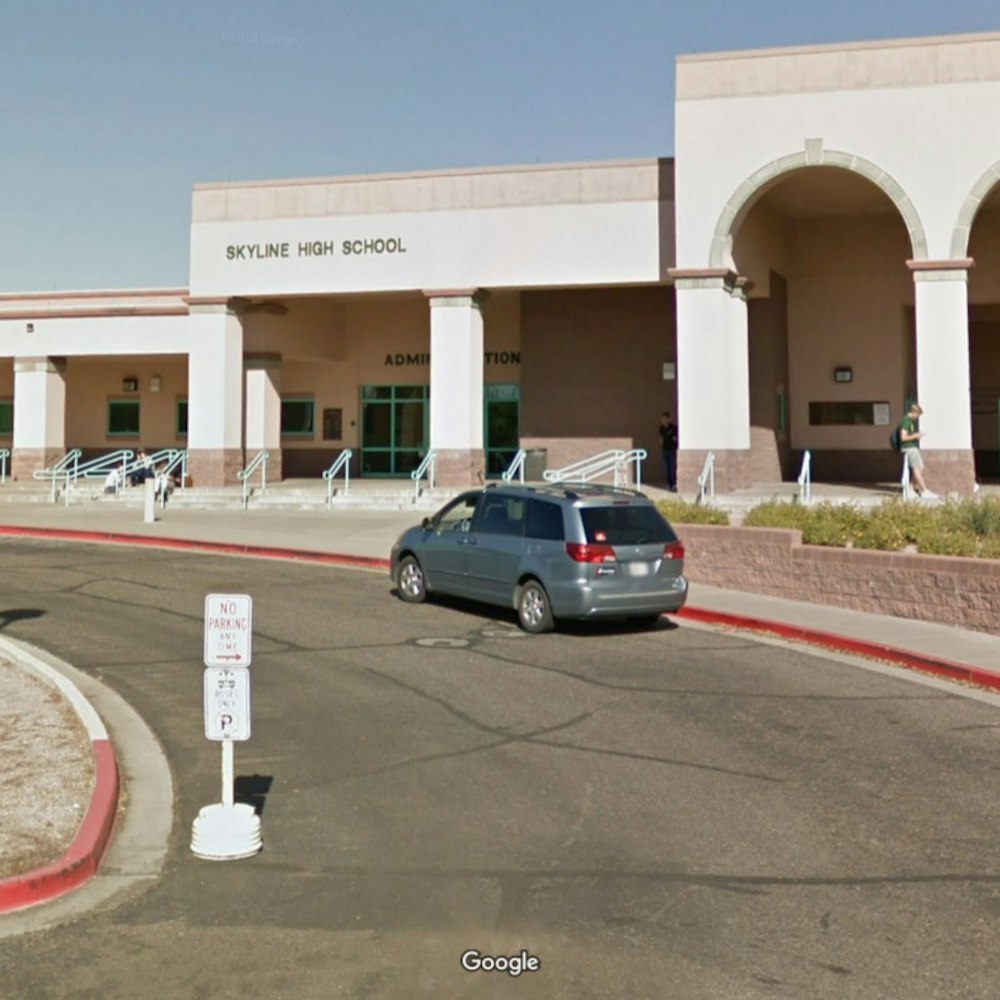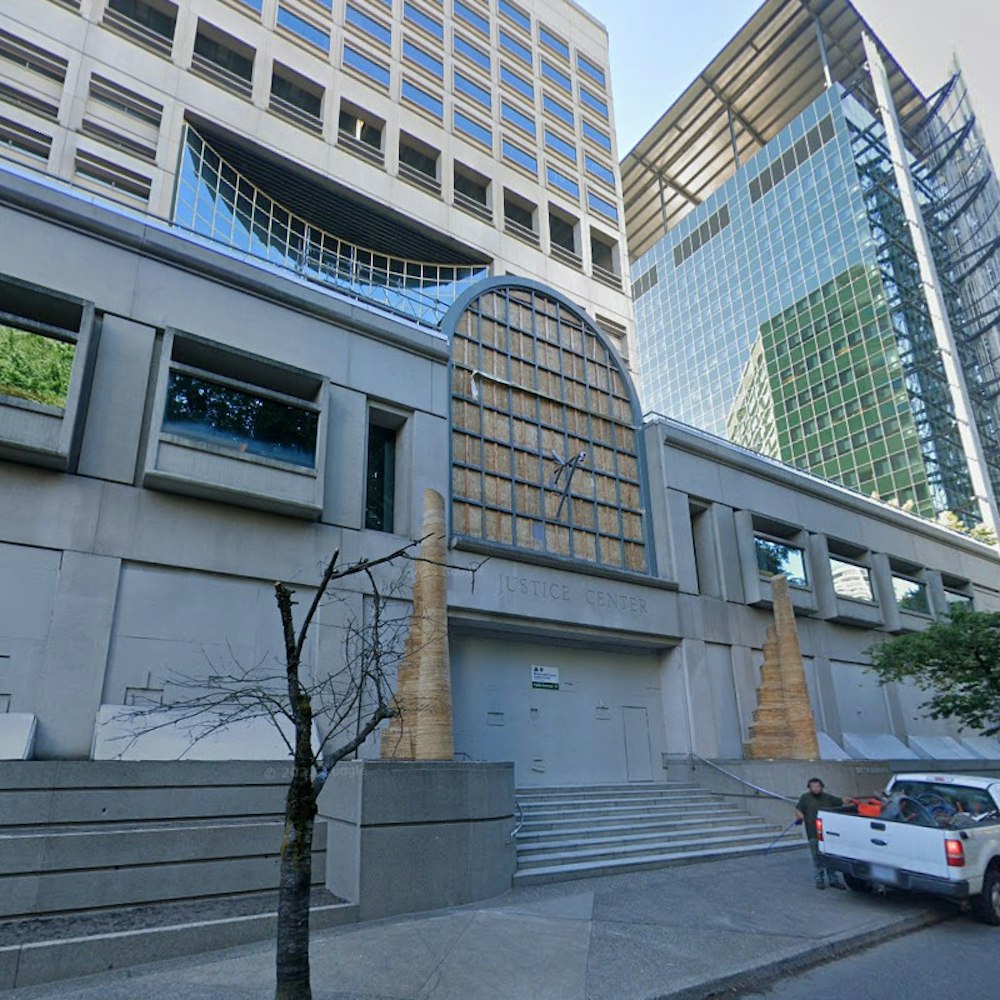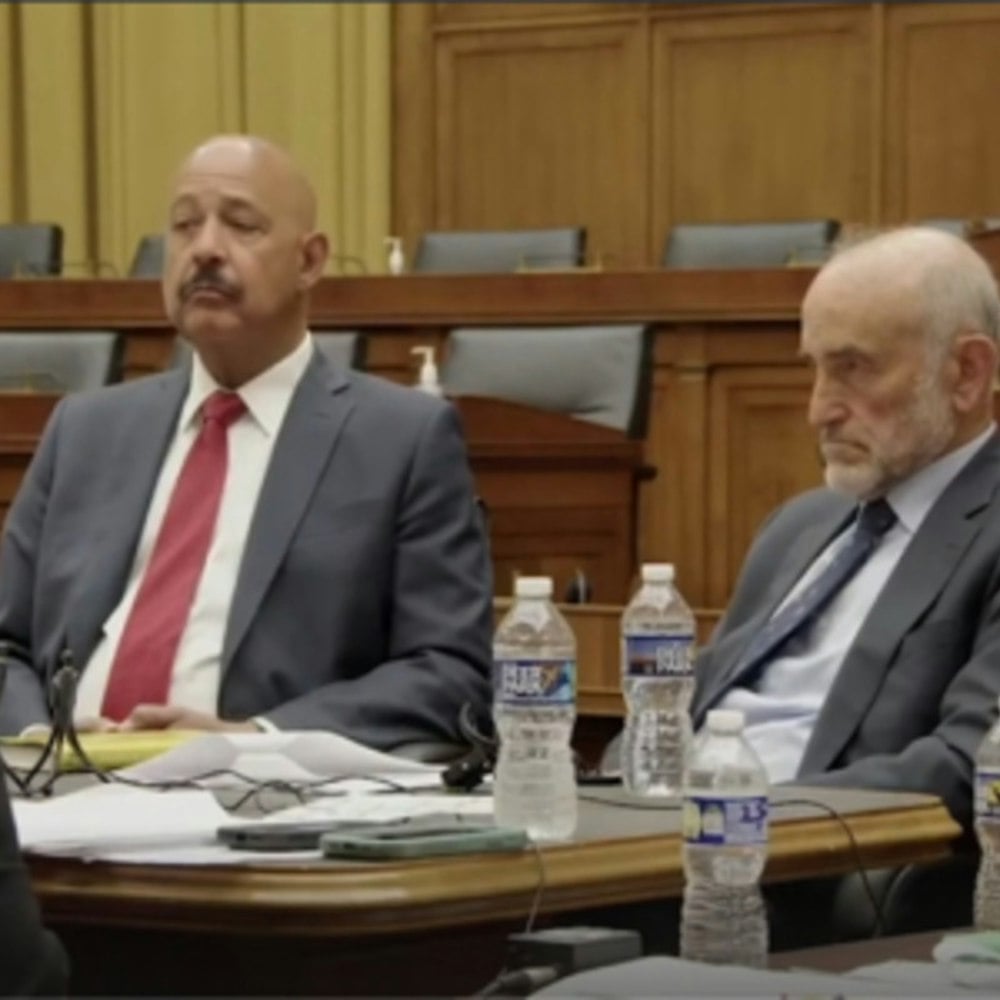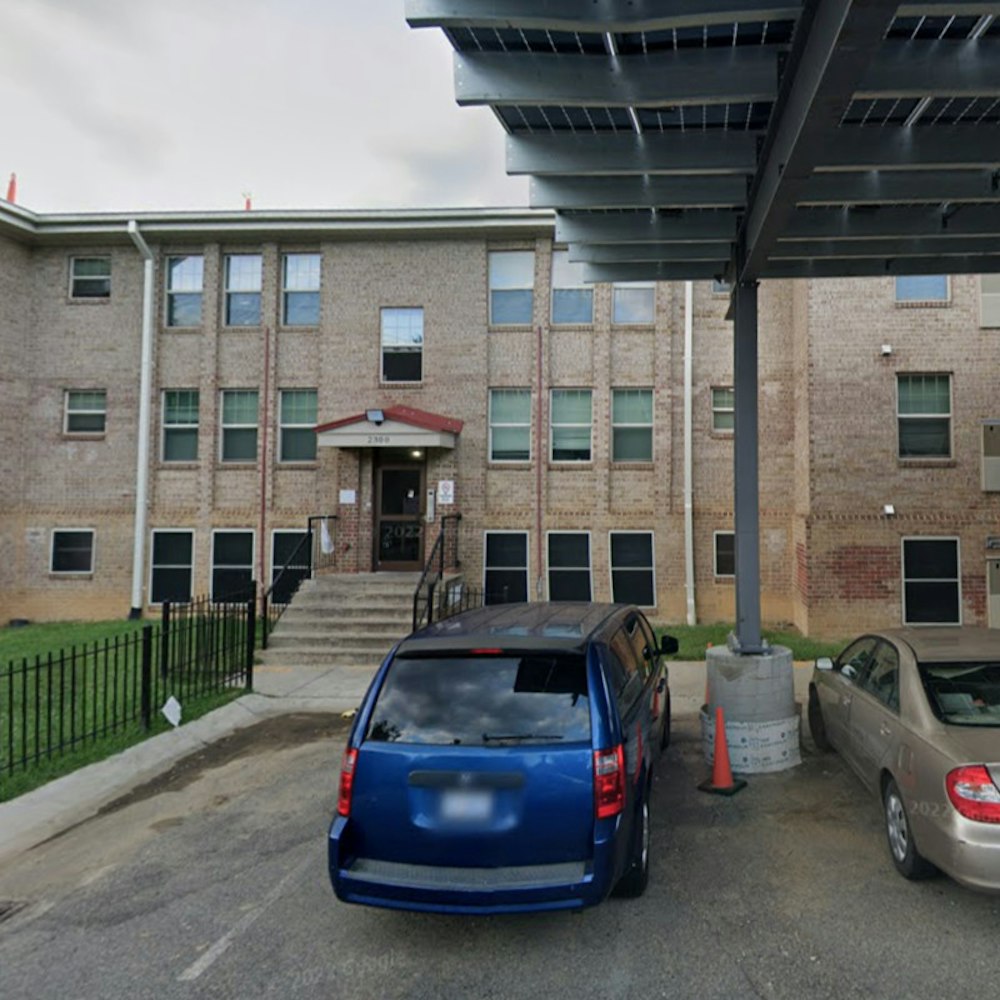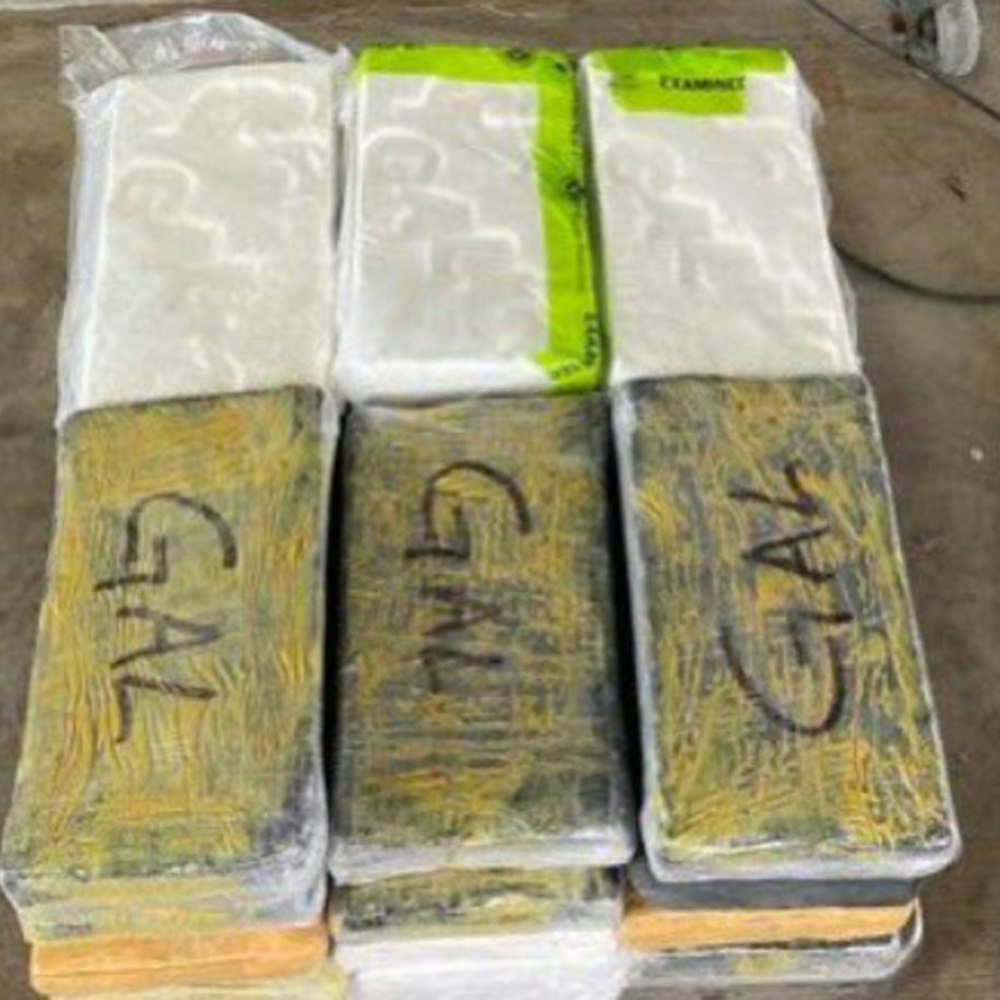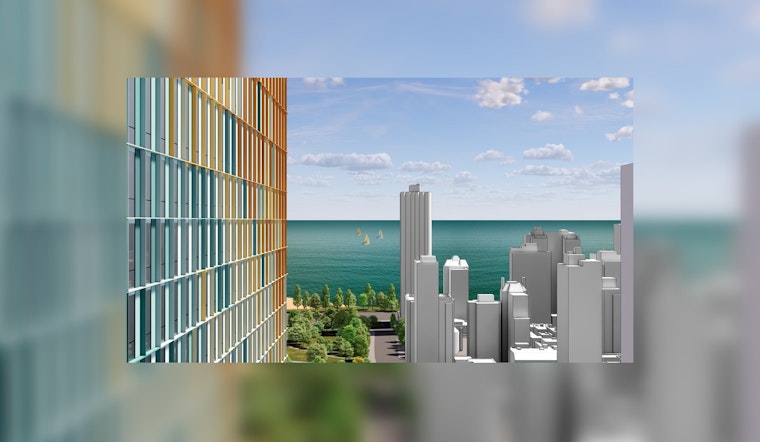
Chicago-based developer Fern Hill recently shared its vision for a 36-story, 500-unit apartment building in the city's Old Town neighborhood, an area known for its artistic flare and architecture. The project, named "Old Town Canvas", aims to integrate the vibrant qualities of the community into its design, with colored panels forming a mosaic on the building's exterior, according to a Crain’s Chicago Business report.
The proposed structure, which may cost between $200 million and $300 million, is set to replace a single-story Walgreens store on North Avenue, with the new location incorporated into the high-rise. In addition, the project encompasses a low-profile parking garage with ground-floor retail space. Fern Hill's plan is a result of a two-year process of gathering local feedback, aimed at ensuring the development fits well within the community and addresses the concerns of residents.
Though Fern Hill was originally set to work with architect David Adjaye on the project, Adjaye stepped away from the endeavor following allegations of sexual harassment. Subsequently, GREC Architects took over design responsibilities and developed the colorful concept for the tower. According to the CoStar report, the design was intended to buck the trend of glassy towers, utilizing painted metal fins on the windows in shades of blue, yellow, and orange to create a bold visual impression.
Fern Hill's approach to community engagement distinguishes it from the conventional process of first proposing a building and then gauging public response. Instead the developer took time to collaborate with the neighborhood, inviting adjacent property owners such as Walgreens to join the project in an effort to address and integrate community needs and minimize contention around the approval process.
Fern Hill President Nick Anderson stated that the development is as much about preserving the neighborhood's character as it is about achieving design innovation. Using air rights from nearby property owners and transferred development rights from other properties owned by Fern Hill, the plan effectively caps the development potential of other properties in the area, according to Crain’s.
Beyond aesthetics and neighborhood preservation, the Old Town Canvas project seeks to address local issues such as retail vacancy and the desire for a grocery store to replace the closed Treasure Island supermarket. While Fern Hill has not yet found a tenant for the space, Anderson expressed confidence that the apartment project moving forward would likely spark more interest.
As currently proposed, the development would include 400 market-rate units and 100 affordable units, in compliance with Chicago's affordable housing guidelines. Fern Hill's Anderson emphasized that the project may still evolve as more feedback is gathered, and the developer aims to continue engaging with the community on aspects such as the color palette and other design elements.


